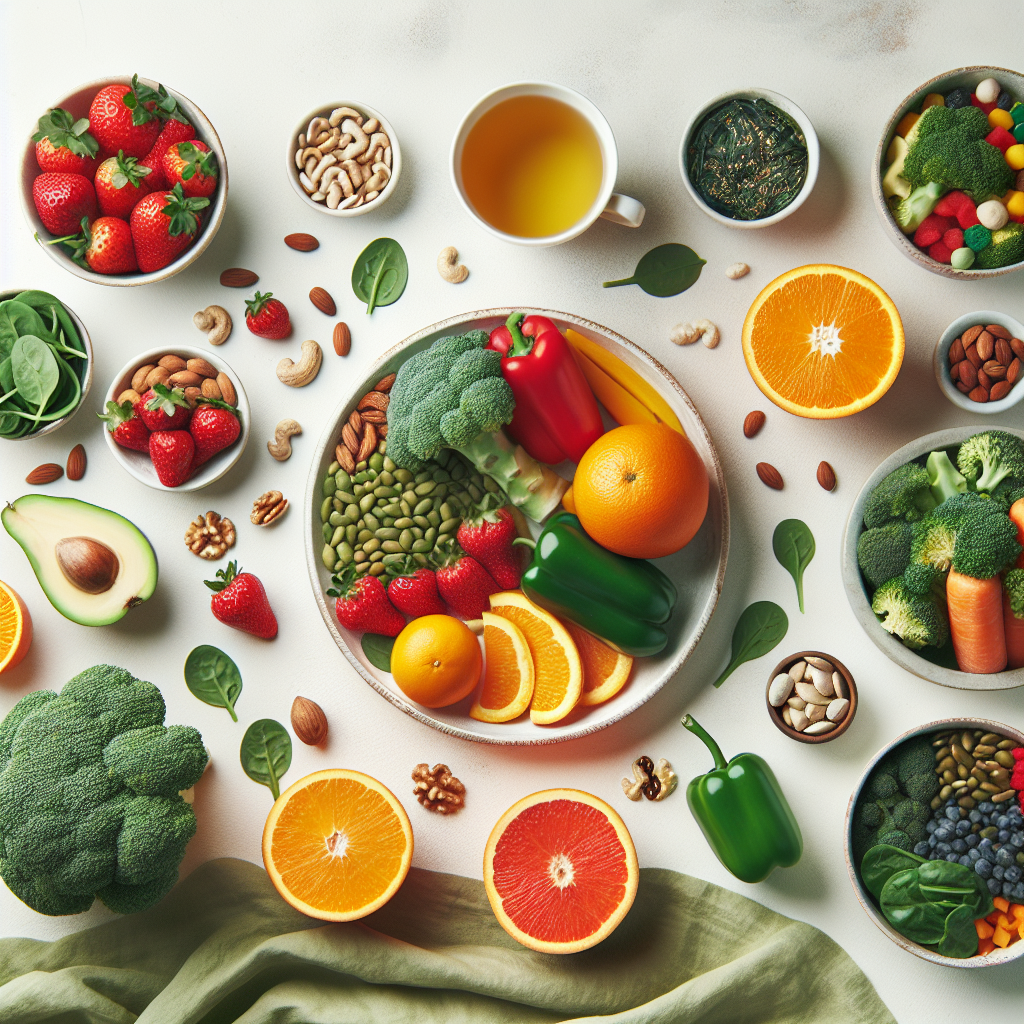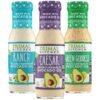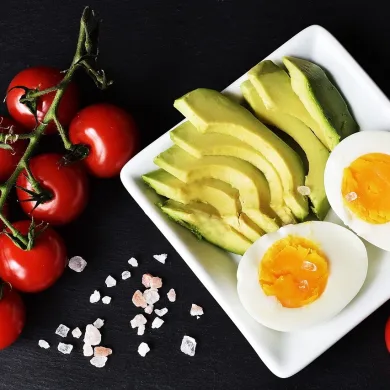### Boost Immunity: Top Foods for a Stronger Defense
“`html
Boost Immunity: Top Foods for a Stronger Defense
The immune system is the body’s defense mechanism against infections and diseases. It is an intricate network of cells, tissues, and organs working in harmony to protect us from foreign invaders. In today’s world, with the constant threat of pathogens and viruses, maintaining a robust immune system is more crucial than ever. One of the most effective ways to enhance your immune function is through diet. This article explores the top foods that can help boost your immunity and provide a stronger defense against illnesses.
Understanding the Immune System
Before diving into the specific foods that boost immunity, it’s essential to understand how the immune system functions. The immune system comprises two primary components: the innate immune system and the adaptive immune system. The innate immune system is the first line of defense and responds quickly to invaders. It includes physical barriers like skin and mucous membranes and immune cells that target and destroy pathogens.
The adaptive immune system is more sophisticated and develops over time. It involves lymphocytes, such as T-cells and B-cells, which recognize specific pathogens and create antibodies to fight them off. A healthy immune system relies on both components working together effectively.
Key Nutrients for Immune Support
Certain nutrients play a pivotal role in supporting the immune system. These include:
– **Vitamin C**: Known for its powerful antioxidant properties, vitamin C helps protect cells from damage and supports the production of white blood cells.
– **Vitamin D**: Crucial for immune function, vitamin D enhances the pathogen-fighting effects of monocytes and macrophages — white blood cells that are critical parts of your immune defense.
– **Zinc**: This mineral is essential for the development and function of immune cells, influencing how the immune system responds to inflammation.
– **Probiotics**: These beneficial bacteria help balance the gut microbiome, which is integral to immune function.
– **Omega-3 Fatty Acids**: These have anti-inflammatory properties that can help regulate the immune system.
Top Foods to Boost Immunity
Incorporating a variety of foods rich in these nutrients can help strengthen your immune system. Here are some top foods to consider:
1. Citrus Fruits
Citrus fruits like oranges, grapefruits, lemons, and limes are packed with vitamin C. This vitamin is essential for the production of white blood cells, which are key to fighting infections. Since the body doesn’t produce or store vitamin C, daily intake is vital for maintaining good health.
2. Red Bell Peppers
While citrus fruits are known for their vitamin C content, red bell peppers contain even more of this vital nutrient. They are also a rich source of beta carotene, which the body converts into vitamin A, aiding in immune function.
3. Broccoli
Broccoli is a powerhouse of vitamins and minerals, including vitamins A, C, and E, as well as fiber and many antioxidants. Its nutritional profile makes it one of the healthiest vegetables you can include in your diet for immune support.
4. Garlic
Garlic is recognized for its ability to fight infections. It contains compounds like allicin, which has been shown to enhance the response of white blood cells to viruses. Garlic’s immune-boosting properties have been celebrated for centuries.
5. Ginger
Ginger has anti-inflammatory and antioxidant properties that are beneficial for immune health. It can help decrease inflammation, which can improve immune response. Ginger is also known to alleviate nausea and has been used as a remedy for various ailments.
6. Spinach
Rich in vitamin C and packed with numerous antioxidants and beta carotene, spinach increases the infection-fighting ability of our immune systems. Light cooking enhances its vitamin A content, which is crucial for immune health.
7. Yogurt
Yogurts with live and active cultures, such as Greek yogurt, are excellent sources of probiotics. Probiotics support gut health, which is closely linked to immune function. Choose plain yogurts to avoid added sugars and enhance them with honey or fruit for flavor.
8. Almonds
Almonds are a great source of vitamin E, a powerful antioxidant crucial for maintaining immune function. Just a small handful of almonds can provide your daily requirement of vitamin E.
9. Turmeric
This bright yellow spice is known for its anti-inflammatory properties, primarily due to curcumin. Turmeric can help modulate the immune system, making it an excellent addition to your diet.
10. Green Tea
Green tea is rich in flavonoids, a type of antioxidant. It also contains epigallocatechin gallate (EGCG), another powerful antioxidant that enhances immune function. Green tea is also a good source of the amino acid L-theanine, which may aid in the production of germ-fighting compounds in your T-cells.
Lifestyle Factors and Immune Health
While diet is a cornerstone of maintaining a healthy immune system, other lifestyle factors play a significant role. Regular exercise, adequate sleep, and stress management are essential components of a holistic approach to immune health.
– **Exercise**: Regular physical activity can help flush bacteria out of the lungs and airways and promotes good circulation, allowing immune cells to move freely and do their job efficiently.
– **Sleep**: Quality sleep is vital for immune function. During sleep, the immune system releases proteins called cytokines, some of which help promote sleep and are needed in increased amounts when you have an infection or inflammation.
– **Stress Management**: Chronic stress can suppress the immune system. Techniques such as meditation, deep breathing exercises, and yoga can help reduce stress levels and boost your immune response.
Conclusion
A strong immune system is vital for protecting the body against infections and diseases. By incorporating a variety of nutrient-rich foods into your diet, you can provide your immune system with the building blocks it needs to function optimally. In combination with a healthy lifestyle, these foods can help you build a stronger defense against illnesses. Remember, while diet plays a significant role, it’s important to consider other factors like exercise, sleep, and stress management to maintain overall health and well-being.
“`















Add comment